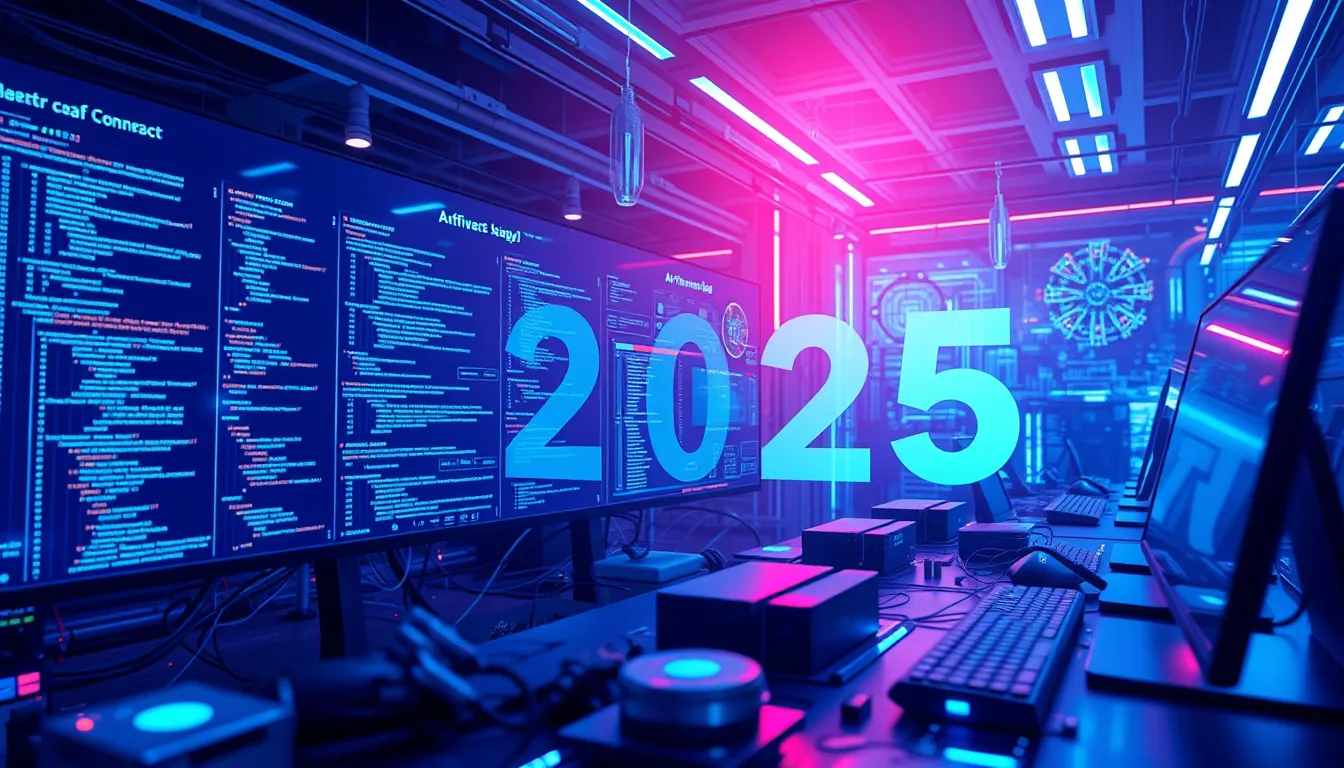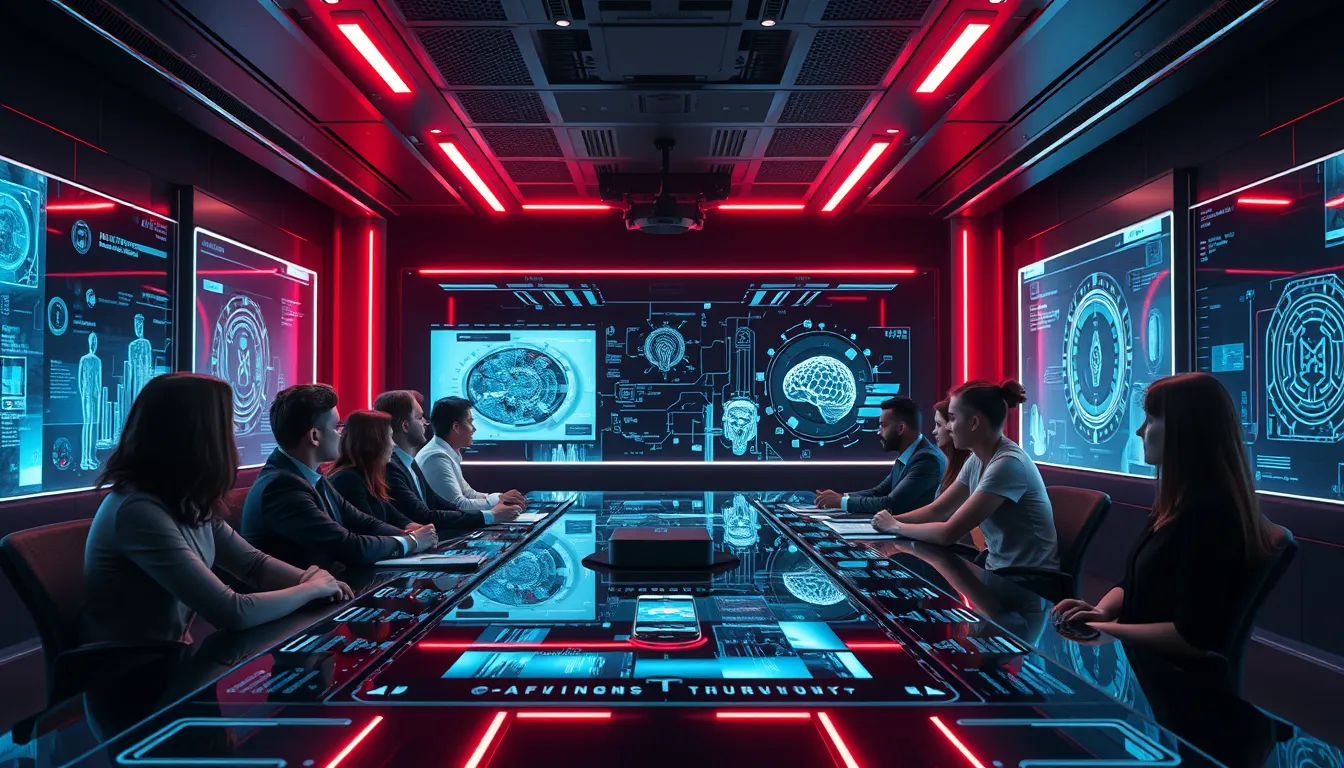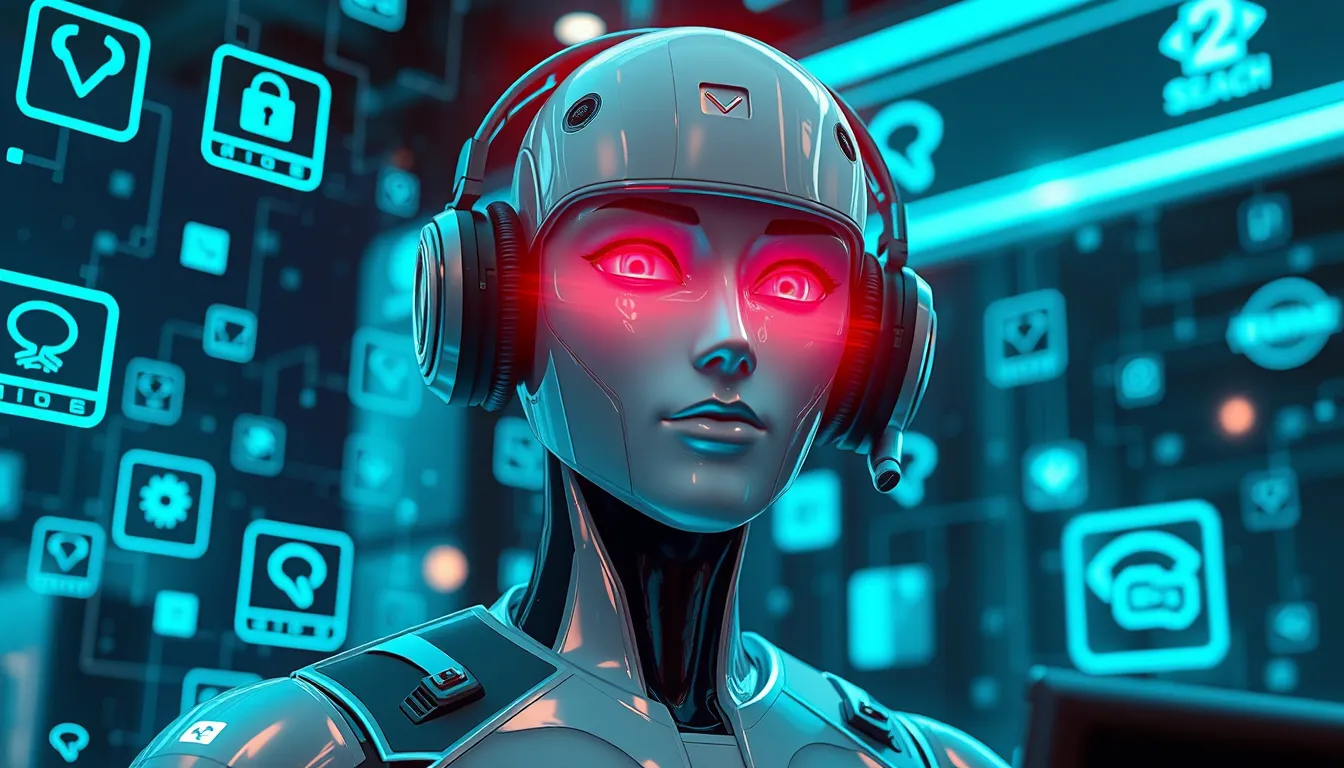Now Reading: Revolutionizing AI in Software Development
-
01
Revolutionizing AI in Software Development
Revolutionizing AI in Software Development

Revolutionizing AI in Software Development
In today’s rapidly evolving tech landscape, the impact of AI in software development is undeniable. As the industry embraces new AI-driven coding tools and automated error detection systems, we are witnessing a significant transformation in how software is designed, developed, and maintained. This transformative phase not only accelerates coding practices but also fosters increased collaboration and democratization of coding knowledge.
Transformative Power of AI-Driven Coding Tools
The integration of AI-driven coding tools is reshaping traditional programming paradigms. Developers now have access to intelligent systems that can generate code from natural language inputs, analyze complex bug patterns in real time, and even predict potential software vulnerabilities. The benefits of implementing such tools include:
- Faster code generation and reduced development time
- Enhanced accuracy through automated error detection
- Improved efficiency and the ability to scale solutions quickly
These advantages underscore why embracing AI in software development is critical to staying competitive in the digital age. The use of low-code and no-code platforms further empowers non-technical users to actively participate in digital transformation by contributing ideas and collaborating on software solutions.
How AI Redefines Software Development
A closer look at how AI redefines software development reveals several key areas where significant improvements are being made. AI-powered systems now support developers by:
- Translating natural language descriptions into executable code
- Continuously monitoring code performance to provide instant feedback
- Identifying vulnerabilities before they become critical issues
- Streamlining the integration of new coding techniques and best practices
This section highlights the seamless fusion of human creativity and machine efficiency, which is at the heart of today’s advancements in software development. It encourages teams to adopt AI tools strategically, ensuring that the technology acts as a complement to, rather than a replacement for, human expertise.
Balancing Automation with Human Oversight
Despite the many benefits, the adoption of AI in software development is not without challenges. Issues such as data privacy, algorithmic bias, and maintaining rigorous quality assurance standards remain pertinent. As industry experts have noted, the key to reaping maximum benefits from AI lies in striking a careful balance between automation and human oversight. To achieve this balance:
- Companies are establishing ethical guidelines for AI usage
- Developers are receiving specialized training on managing AI systems
- Collaborative efforts are being prioritized to integrate feedback from diverse teams
For more details on best practices related to code security and ethical AI integration, industry professionals often refer to guidelines available at reputable organizations such as the European Union Agency for Cybersecurity (https://www.enisa.europa.eu).
Addressing Challenges and Embracing Digital Transformation
The journey to digitally transform coding practices involves tackling challenges head-on. Many organizations are incorporating robust security measures and clear regulatory frameworks to ensure that the power of AI is harnessed responsibly. Key focus areas include:
- Data protection and privacy regulations
- Mechanisms to detect and mitigate algorithmic bias
- Transparent practices that promote user trust and safety
Ensuring responsible AI deployment is critical, particularly for sectors like finance, healthcare, and government services, where the stakes are especially high. In these contexts, software development teams must continually refine their strategies and incorporate feedback from regulatory bodies, academic institutions, and ethical hackers.
Collaborating for a Future-Ready Software Landscape
The collaboration between traditional developers, data scientists, and AI experts represents a new era in AI in software development. This collaborative spirit is driving innovation and ensuring that new tools are built to address real-world challenges. Companies such as Microsoft (https://www.microsoft.com) and IBM (https://www.ibm.com) are investing in research projects that bridge the gap between conventional coding practices and emerging AI technologies.
Looking Ahead: The Future of AI in Software Development
As we look toward the future, it is clear that AI in software development will continue to evolve and redefine how code is created and maintained. The ongoing digital transformation is setting the stage for a future characterized by:
- Increased automation and predictive analytics
- More personalized and adaptive software solutions
- A greater emphasis on ethics and regulatory compliance
The internal evolution and external collaboration within the software industry create an environment where rapid innovation is paired with strategic oversight. This balance is essential to ensure sustainable and scalable growth.
Conclusion
The transformative impact of AI in software development is evident in every phase of the software lifecycle. From enhancing code generation and reducing errors to pioneering innovative digital transformation strategies, AI continues to drive industry advancements. As challenges like data security and ethical AI practices are addressed through collaborative efforts and stringent guidelines, the future of software development looks more promising than ever. Embracing AI-driven technologies is not simply about following trends—it is about reshaping the very foundation of how software solutions are built, delivering faster, more efficient, and innovative outcomes for a digital-first world.

























